ReadWriteReflect offers a look back at major technology trends, products and companies of the past year.
It’s hard for big companies to innovate. With thousands of employees, miles of red tape, and investors to answer to, swift moves in the face of ever-shifting markets don’t come naturally to them.
But tech companies have no choice. The products they sell today may be gone in just a few years. And startups are more than happy to seize markets by changing faster than the big guys can. Whether you call it “disruption”—ugh—or recognize it properly as fast, responsive evolution to fit the environment, it’s a hard act to pull off.
In 2014, Google, Amazon, Tesla, Samsung, and PayPal managed to be big and move fast. These companies delivered breakthrough inventions that were both futuristic—and feasible.
Google reigns as the King of Search, but its constant tweaks of search-results pages and online ads have gotten, let’s face it, boring—even for Googlers. Google’s most exciting moves in 2014 went beyond the Web into the world.
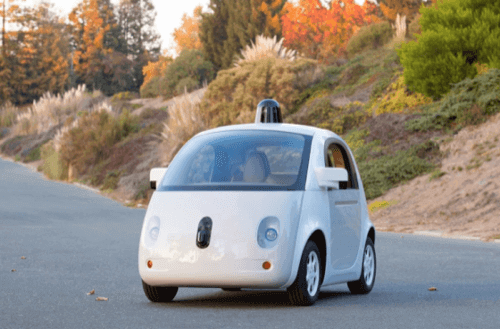
Self-Driving Cars
After showing off some clunky stereotypes, in 2014, Google unveiled a cheerfully designed fleet of electric-powered, driverless cars.
These autonomous vehicles could potentially reduce traffic fatalities and congestion. Google’s going to start testing the self-driving cars on the road in early 2015.
Google Glass In The Hospital
Google’s attempt to reinvent eyeglasses as face computers for the masses has fallen flat. That doesn’t mean Glass isn’t useful in places where we need our hands free—like in a hospital’s operating room. A surgeon can glance at Glass’s screen to see a patient’s vital signs without having to look across the room.
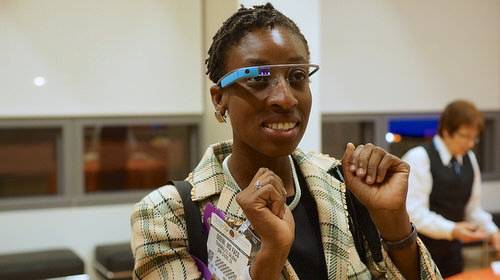
Google Glass’s camera can stream operations live for medical students, making it easier for them to learn from experienced surgeons without having to crowd around a patient. This idea of using Google Glass as a surgery device was pushed forward by a med-school student during a Google Glass challenge by MedTech in Boston this year—just one example of how Glass is finding its place.
Amazon
Once upon a time, Amazon sold books. Fast forward a couple of decades, and Amazon is selling digital goods we barely imagined in the ’90s, like e-books and computer power delivered over the Internet.
Amazon Web Services
Amazon is the leader in providing cloud computing to businesses, with growth that’s unprecedented in the history of software. As ReadWrite’s Matt Asay has reported, AWS has become developers’ preferred tool for getting apps up and running. Microsoft and Google are gunning for it hard, with Microsoft deploying its huge sales force and Google pushing prices down aggressively—but Amazon has kept its lead, and developers are benefitting from the fast-dropping prices.
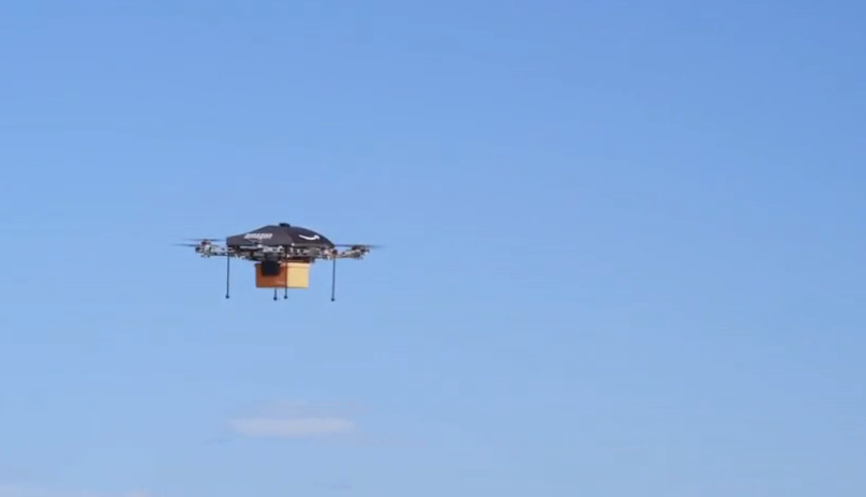
Amazon Drone Delivery
It seemed like a joke when we first heard about it. But Amazon Prime Air, a delivery service that uses an “octocopter,” an unmanned aerial vehicle with eight rotors, to deliver packages, just needs the Federal Aviation Administration’s okay.
In a letter to the FAA, Amazon says it will be ready to launch Prime Air as soon as it’s granted approval. Current rules say that it’s illegal to fly commercial drones in the US. Amazon has requested an exemption.
Forget same-day or one-hour delivery: Prime Air aims to deliver packages in 30 minutes. Amazon says it has developed drones that will “travel over 50 miles per hour, and will carry 5‐pound payloads, which cover 86 percent of products sold on Amazon,” according to its letter to the FAA.
Tesla Motors
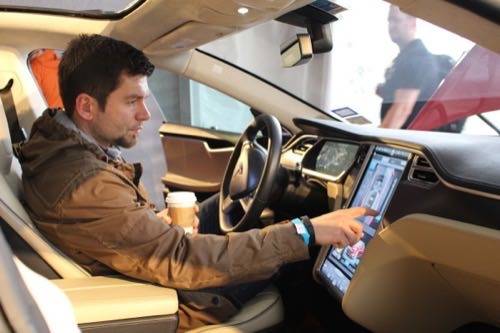
Who saved the electric car? It has to be Tesla Motors, which defeated consumers “range anxiety” by coming up with vehicles that can go 265 miles before needing a recharge.
In September, Tesla announced plans for a massive factory, dubbed the “Gigafactory,” to manufacture large quantities of its lithium-ion battery in Nevada. Through bulk manufacturing, Gigafactory is designed to lower the cost of its battery packs by 30 percent in 2017, when the factory opens, and by as much as 50 percent by 2020. That will help Tesla lower its costs, but it’s a huge, risky bet which analysts believe could lead to overcapacity if Tesla misses its sales goals. Still, cheaper batteries means more electric cars, and that means fewer gas guzzlers on the road.
Samsung
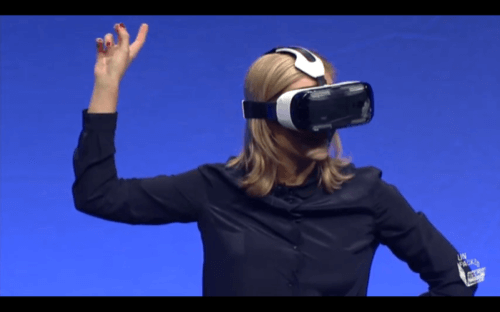
Samsung is stumbling in smartphones. But in the Samsung Gear VR, it has produced a genuinely forward-thinking piece of technology for consumers. It’s the first virtual-reality headset available to the general public that’s powered by a smartphone.
A Virtual-Reality Experience
The Gear VR was designed by Samsung and Oculus Rift, the virtual-reality pioneer snapped up by Facebook this year for $2 billion. Once you place your Samsung Note 4 inside the goggles, you can choose various apps to see another world. Oculus’s technology, notably, reduces the lag and distortions that have made past attempts at VR nauseating.
Gaming is a big opportunity for the Gear VR. Imangi Studios, the makers of Temple Run, have recently created Temple Run VR. But Samsung is thinking bigger—as in the silver screen. Filmmakers are getting excited, as are musicians.
Through virtual reality, the Samsung Gear VR could change the way we consume entertainment by infiltrating all of our senses.
PayPal
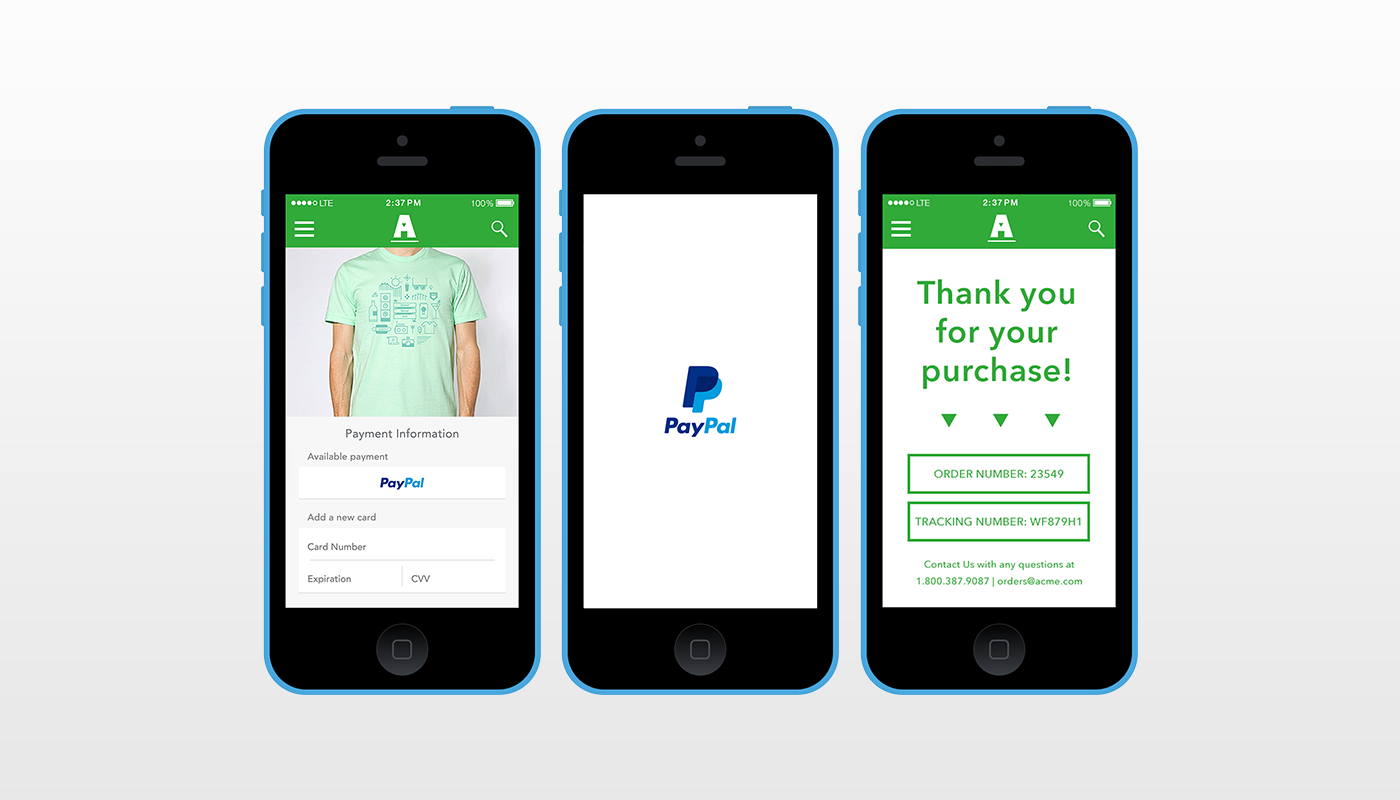
PayPal, an online payments service, is in the process of regaining its independence from eBay, its parent company since 2002. Even before the spinoff, expected next year, PayPal’s been regaining its reputation as a fast-moving innovator.
Faster Web Checkout
PayPal got its start in simplifying e-commerce for small merchants like eBay sellers. It went back to those roots by offering a swifter online checkout experience on the Web, allowing customers to make purchases without having to leave a merchant’s website. That’s especially important on mobile devices, where pop-ups and redirects make e-commerce a headache.
Replacing The Wallet
Just over a year ago, PayPal acquired Braintree, a payment processor for the likes of Uber and Airbnb. That foothold in mobile apps helped PayPal roll out one-touch payments, which let you tap to pay with a stored credit card or bank account without having to create an account or reenter your payment information every time you want to make a purchase. Braintree also jumped on the Apple Pay bandwagon, offering another way to skip entering credit-card numbers on mobile devices. These simple-sounding steps could keep smartphone shoppers from abandoning purchases in midstream—and boost mobile e-commerce as a whole.
Google Glass photo by Ted Eytan; other images courtesy of the companies

















